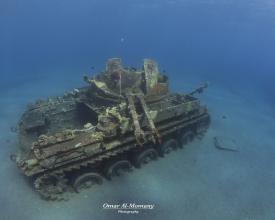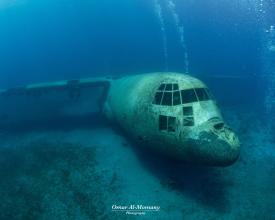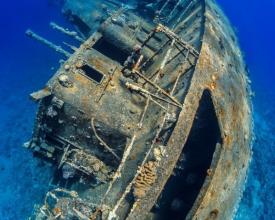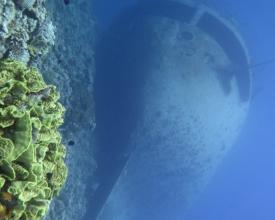Introduction of artificial reef to reduce pressure on natural coral reef in gulf of Aqaba- Jordan
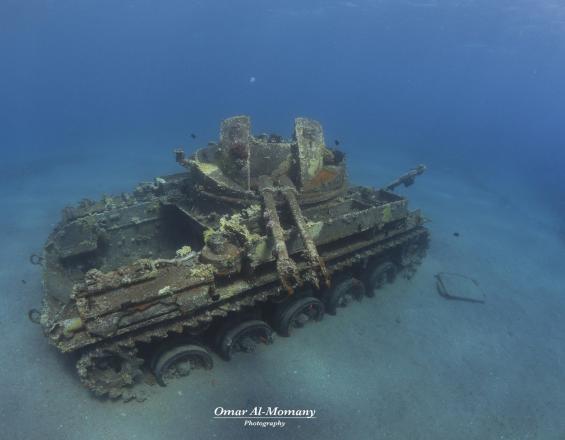
Background: The Gulf of Aqaba ( GOA) hosts an extraordinary amount of marine diversity with the existence of corals, reef-building coral, and an unknown number of soft coral species. It is stated that the coral reefs of Jordan are amongst the most diverse per m2 in the world.
The challenges: This unique ecosystem faces different challenges and threats, among these are the effects of tourism and the huge diving activities especially with the global interest in coral reefs in the Gulf of Aqaba which has encouraged tourists from worldwide to come to Aqaba and practice diving activities wildly,
The solution: as a solution to relieves the existing pressure, several artificial reefs were introduced in the GOA- Jordan; Cedar Pride Shipwreck, Hercules C-130, The Tank, and the Underwater Military Museum. Those artificial reefs have diverted some pressure away from natural reefs while still allowing visitors to enjoy diverse marine life. Additionally, they became a habitat for several coral and other marine species.
Impacts
- Artificial reef mitigates the impact of human activities on natural coral reefs, which are vulnerable to factors such as pollution, overfishing, and climate change. By redirecting diving and fishing pressures to designated artificial reef sites, the natural habitats of marine species remain protected and undisturbed.
- Artificial reefs provide a vital lifeline for marine organisms by offering alternative habitats for colonization and proliferation. These structures not only attract fish but also facilitate the growth of diverse marine flora and fauna, enriching the ecological tapestry of the marine reserve.
- Artificial reefs play a crucial role in promoting ecotourism and sustainable development in the region. By creating new dive sites and recreational areas, they draw tourists and diving enthusiasts, thereby generating economic opportunities for local communities while raising awareness about marine conservation.
